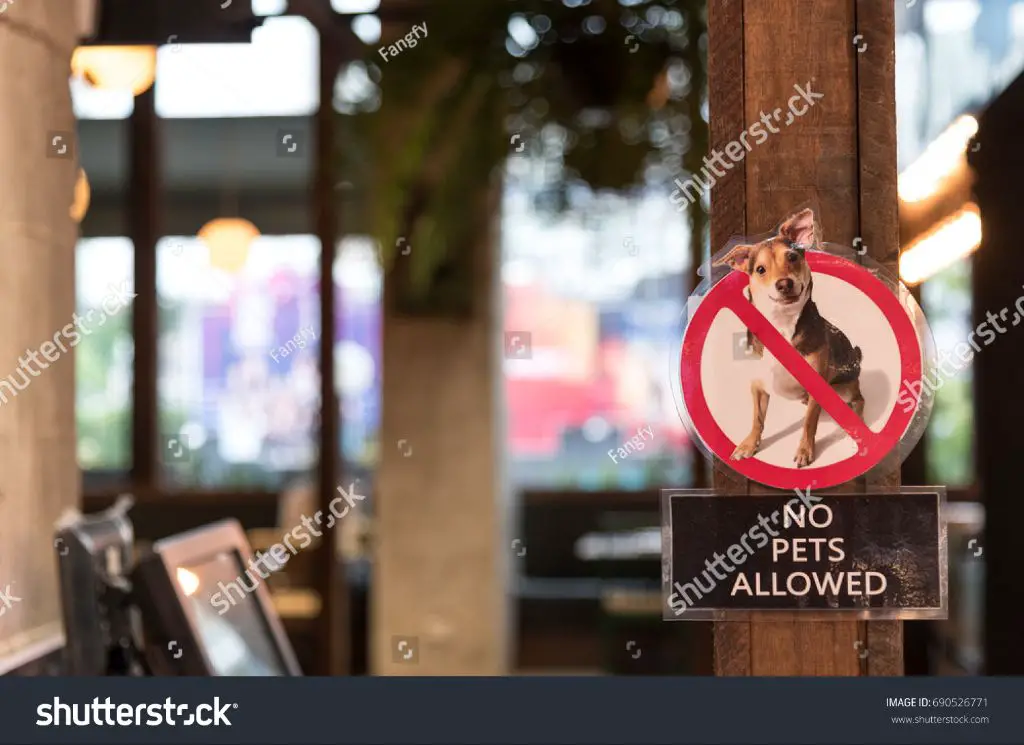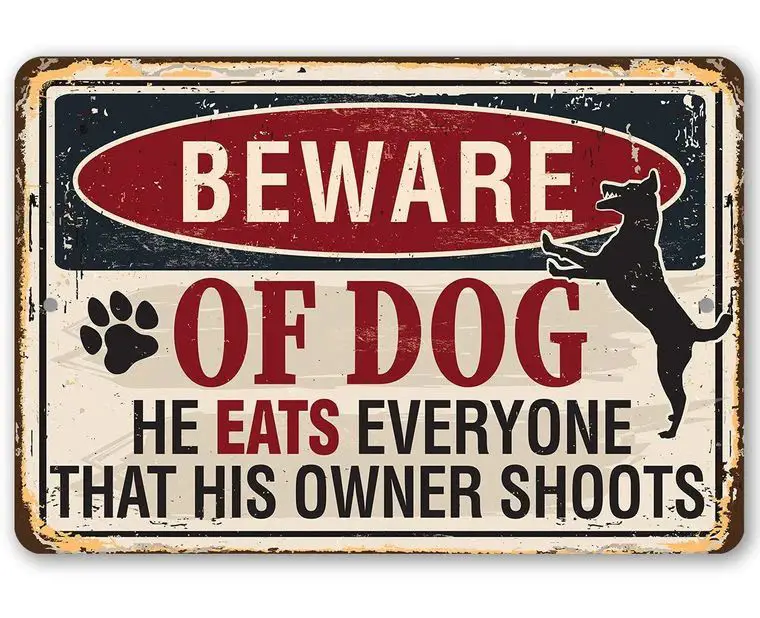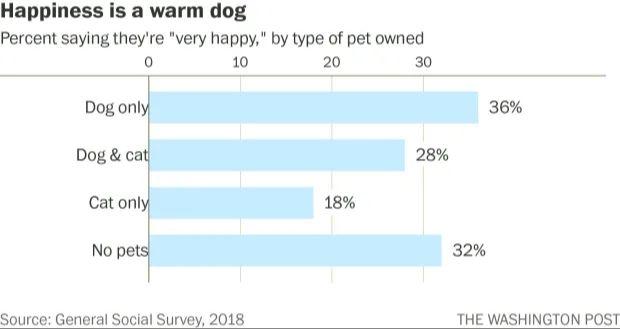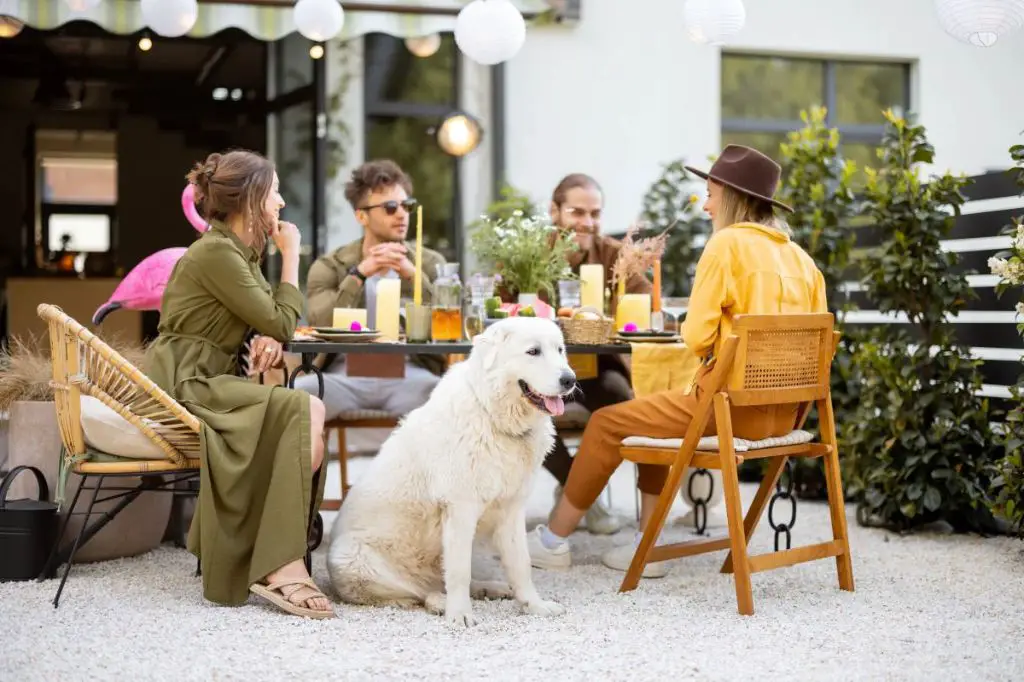Introduction
In Washington state, there are some restrictions around bringing dogs into restaurants. The state health code generally prohibits dogs in restaurant dining areas, with an exception for service dogs. However, some local county ordinances provide more flexibility for restaurants to choose to allow dogs in outdoor patio dining areas. Restaurants that want to welcome dogs on patios can apply for a variance from the county health department. The rules are intended to balance food safety concerns with accommodating pets and their owners.
This article provides an overview of the state health code regulations, exceptions for service dogs, local variance ordinances, liability issues, enforcement practices, restaurateur perspectives, customer attitudes, and examples from other states. The goal is to give a comprehensive look at the legality and practical considerations around allowing dogs in eateries in Washington.
Health Code Regulations
According to the Washington Administrative Code (WAC) 246-215-06570, dogs are generally prohibited from being in restaurant dining areas. The health code states that “Dogs are not allowed on chairs, tables, benches, seats, or fixtures in the food establishment.” There are some exceptions made for service dogs, which will be covered in the next section.

The health code aims to prevent contamination and ensure food safety. Allowing dogs in dining areas could potentially lead to issues like dogs jumping on tables, licking plates, or shedding hair where food is prepared. The Washington State Department of Health enforces these regulations for all restaurants across the state.
Some counties like Clark County additionally clarify that “animals are not allowed within food service establishments unless they are a service animal.” So the statewide health code provides the baseline policy, with individual counties able to provide further specifics.
Exceptions for Service Dogs
Under Washington state law, restaurants are required to allow service dogs entry into public areas. According to the Washington Human Rights Commission, service animals must be permitted in all areas open to the public. This includes dining and eating areas, even if state or local health codes prohibit animals on the premises.
Service animals are defined as dogs or miniature horses that are individually trained to perform tasks for people with disabilities. Examples include guide dogs for the blind, hearing dogs for the deaf, seizure alert dogs, and psychiatric service dogs. Under the ADA, service animals are working animals, not pets. Business owners can only ask if the dog is a service animal required because of a disability and what work or task the dog has been trained to perform.
Service dogs must be harnessed, leashed, or tethered while in public places unless these devices interfere with their work. Owners must maintain control of their service dogs at all times. Businesses can refuse service to out-of-control service animals, but not to service dogs that are well-behaved. Overall, restaurants in Washington must allow service dogs in dining areas, despite conflicting health codes, as long as the dog is under the owner’s control.
Local Ordinances
In addition to the statewide health code regulations in Washington, some cities and counties have additional local laws regarding dogs in restaurants. For example, according to the Seattle Times, the city of Seattle allows dogs in outdoor patio areas of bars and restaurants. However, dogs must be leashed and restaurants must post signs informing customers that dogs are permitted.
The city of Spokane also allows dogs in outdoor patio areas, but requires them to be leashed and restaurants to provide water bowls. According to users on Reddit, some cities like Bellevue prohibit dogs from being in restaurants entirely, even service dogs.
Overall, while the statewide regulations form the backbone of the rules regarding dogs in eateries, major cities and counties may layer on additional local ordinances that restaurant owners and dog owners should be aware of.
Liability Concerns
Restaurants allowing dogs need to be aware of potential liability issues if a dog were to disturb or injure customers while on the premises. Restaurant owners can be held responsible for any injuries or damages caused by dogs inside their establishments.
For example, according to the Emerald Law Group, “If you were bitten by a dog at a restaurant, you might be able to sue the owner of the restaurant and/or the dog owner for any damages suffered.”1 Restaurants may face negligence lawsuits if they fail to take reasonable precautions to prevent dog incidents.

Insurance Business Magazine explains that while dog owners are primarily liable, “the restaurant may also be liable in certain situations.”2 Restaurants should have insurance policies that cover dog bite incidents and other liabilities related to allowing dogs.
By being proactive about safety, restaurants can mitigate risks. However, legal liability remains a valid concern when opening establishments to dogs.
Enforcement
In Washington state, county health departments are primarily responsible for enforcing health code regulations related to allowing dogs in restaurants. Health inspectors from local county health departments conduct routine inspections of restaurants to ensure compliance with food safety rules and regulations (https://doh.wa.gov/community-and-environment/food/restaurant-inspections).
During these inspections, health inspectors will check that restaurants are following laws regarding service animals, and take enforcement actions if violations are found. Possible enforcement measures include issuing warnings, fines, mandatory closures or loss of permits (https://dchealth.dc.gov/service/food-establishments). The Washington State Department of Health provides oversight and works with local health departments on proper enforcement of statewide health codes (https://doh.wa.gov/you-and-your-family/food-safety).
In addition to health inspectors, consumers can also report violations of health codes related to dogs in restaurants to their local health department.
Restaurateur Perspectives
Many Washington restaurant owners have mixed feelings when it comes to allowing dogs in their establishments. In an interview with a Seattle restaurant owner, he explained his policy: “We do not allow non-service dogs in our restaurant. It’s not that we don’t like dogs, we just want to maintain a professional environment for our customers.” (Source)
However, some restaurants welcome dogs as part of creating a casual, pet-friendly atmosphere. A restaurant owner in Spokane said, “We allow dogs on our patio and provide water bowls and treats. Many of our customers really appreciate being able to bring their dogs.” (Source)
While health regulations prohibit non-service dogs inside restaurant dining areas, many owners recognize the demand for dog-friendly options. By designating patios or outdoor areas as dog-friendly zones, restaurants can cater to pet owners while following state laws.
Customer Attitudes
Surveys show that public opinion is mixed on allowing dogs in restaurants. According to a 2021 survey by Rover.com, over 50% of dog owners said they want more pet-friendly dining options. However, over 40% of people without dogs said they were uncomfortable dining near dogs. The top concerns from non-dog owners were cleanliness, allergies, and pet behavior issues.

A 2022 survey by Waitr Food Delivery found that 61% of people support dog-friendly restaurant patios. But 39% said dogs should not be allowed in restaurants at all. Support was higher among dog owners at 71%.
On Reddit, Washington locals have had spirited debates on the topic. Some argue it enhances the dining experience and community to have dogs around. But others cite concerns about aggressive dogs and pet dander impacting food prep areas. Overall public opinion seems divided on expanding dog access.
While many diners enjoy and welcome dog-friendly policies, restaurants also need to consider and accommodate patrons who may have fears or allergies around dogs. Clear communication on policies and options can help address concerns.
Examples from Other States
Laws regarding dogs in restaurants vary widely across the United States. Some states, like California, are very permissive and allow dogs in outdoor dining areas (Your Restaurant Business). Others, like New York, prohibit dogs inside restaurants unless they are service animals (Animal Law). Here are some brief comparisons:
California allows dogs in outdoor dining spaces as long as the local health department approves. Dogs must be on a leash and well-behaved. Many restaurants welcome dogs as part of their business model.
New York prohibits non-service dogs inside restaurants and bars. However, local ordinances may allow dogs in outdoor dining areas.
Ohio allows dogs on restaurant patios but not inside. The dogs cannot touch any serving dishes or utensils. Owners must keep their dogs leashed and controlled.
Maryland leaves it up to each county or city to regulate dogs in restaurants. Some allow dogs only in outdoor seating areas, while others prohibit non-service dogs entirely.
As you can see, the laws vary greatly across the country when it comes to allowing dogs in restaurants. Some states are very permissive, while others only make narrow exceptions for service dogs. It depends on the local health codes and ordinances.
Conclusions
In summary, while the laws around bringing dogs into restaurants in Washington state may seem ambiguous, there are some clear guidelines. The state health code prohibits pets in dining areas, with an exception for service dogs. However, local ordinances in some cities like Seattle do allow dogs in outdoor seating areas. Restaurateurs have to weigh liability concerns and customer perceptions when deciding whether to allow dogs. There are good arguments on both sides – some feel that dogs add to a welcoming, lively atmosphere, while others prefer a dog-free dining experience. Looking at other states, there is a range of approaches. Overall, in Washington the decision comes down to each restaurant’s management. With some reasonable precautions, many restaurants can accommodate both dog-lovers and those who prefer a pet-free meal.
